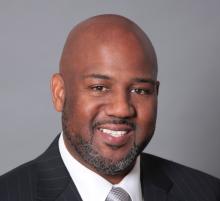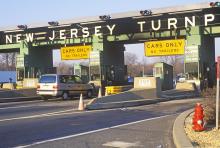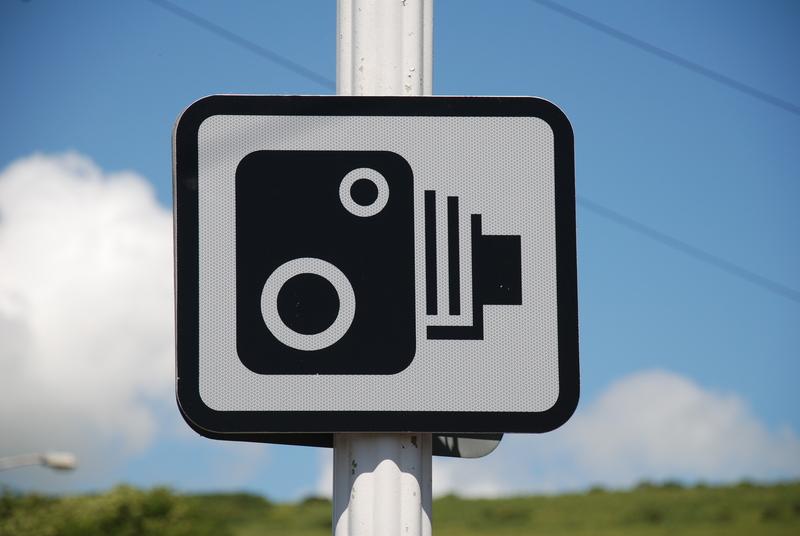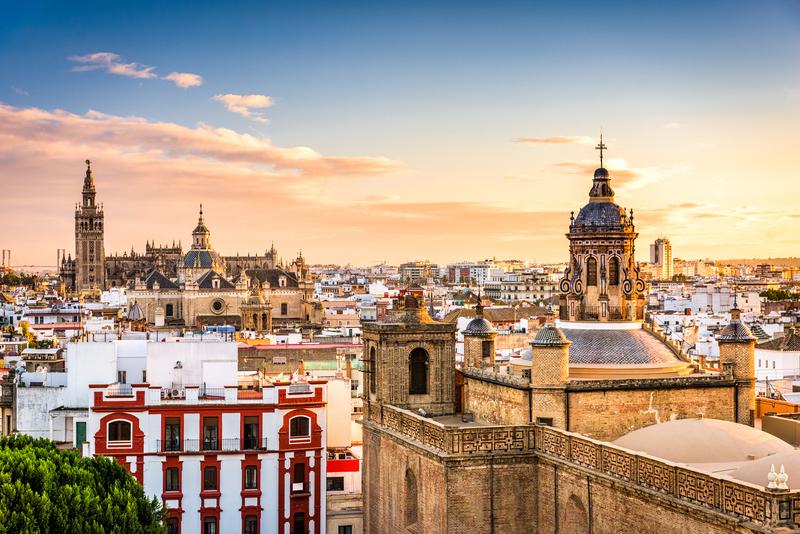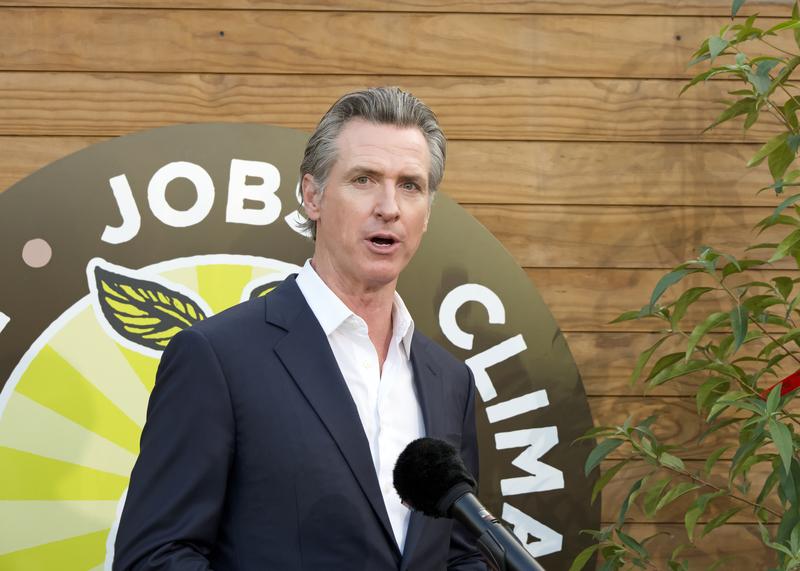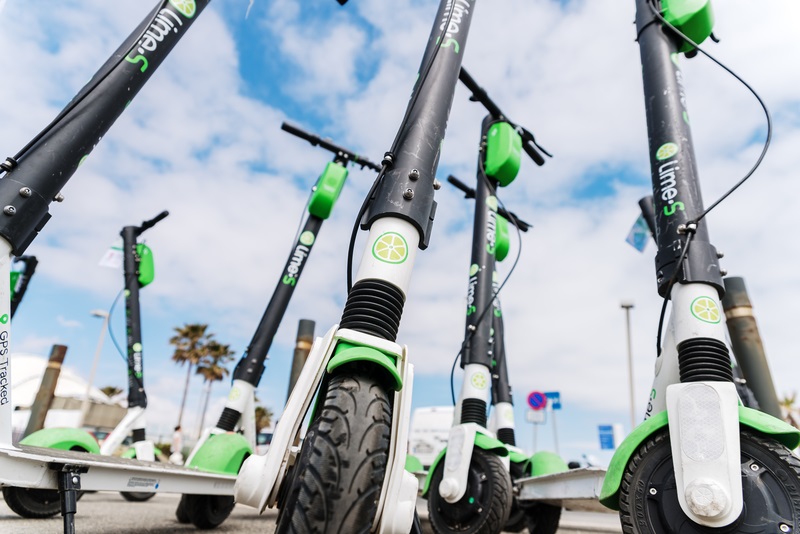
It still seems slightly shocking that the ITS World Congress – centrepiece of the industry for the last three decades – is not taking place in Los Angeles. At least, not this year. The announcement that LA would host the 2023 congress has been well-received, says Shailen Bhatt, president and CEO of ITS America.
“One of the things that I consistently heard when we announced and started marketing LA was this really great excitement from around the world to come to Los Angeles,” Bhatt says.
“It is a fabulous city in terms of culture and the transportation investments that are going on for the Olympics. There was a great appetite to come and so we're really excited that we've been able to generate that level of interest and we'll be able to sustain it and move it up a year, so that in 2022 will be, knock on wood, gathered in LA.”
That’s all in the future. For now, ITS America promises that ITS World Congress All-Access, the digital series which replaces this year’s event, will be immersive, educational – and will give ITS professionals all round the world to connect anew with one another.
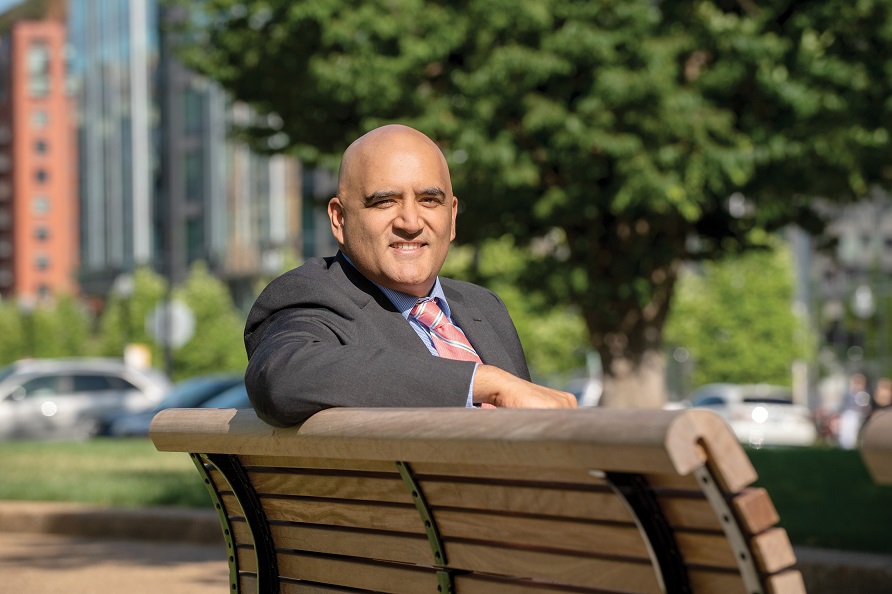
The packed programme – covering everything from connected and autonomous vehicles (C/AVs) and Mobility on Demand/Mobility as a Service to cybersecurity and traffic management - unfolds on various days over four weeks this month and next.
Bhatt urges people to get involved: "Are you interested in AVs? Are you interested in sustainability? Are you part of the equity conversation? Do you want to talk about transit? You can choose your own adventure with this."
Over the past six months or so of lockdown, our inboxes have been bombarded with invitations to countless webinars and online sessions - so what makes All-Access different? “It's a great question and one that we contemplated, given that everybody is now online,” Bhatt acknowledges.
“I think the thing that differentiates us is that we have a global format: the World Congress would have been in LA - and was in Singapore, and Copenhagen, so you've got people from around the world who are very used to coming to this event - and are excited about attending - so we can legitimately say there's a global interest in this conversation.”
High calibre
The calibre of presenters and contributors is also high. “ We've got very senior decision makers, like state DoT secretaries and directors, we've got city transportation officials, we've got elected officials. And so while some of the web content may be a little more conversational, this is very high level from decision makers today: whether it's technology, whether it's equity, whether it's legislation.”
It’s clearly invidious for Bhatt to pick out the bits that he is particularly looking forward to but there must be something that he is keen to jump on. “It's hard,” he laughs. “It's like when you go to a World Congress: you just look at the four days’ worth of stuff and you're like ‘oh I'm really interested in this’ or ‘this session is going to be incredibly important’.”
This year, he suggests it is perhaps going to be less about individual sessions and more about some very important conversations – on the nature of transit, for instance. “Here in the US what we're finding is there's almost two economies: there are people who are able to work from home and do other things and then there's these other folks who, you know, can't work from home, still have to go into work and are relying on transit,” he points out.
“I'm particularly interested in how technology and transit can be leveraged to provide better and safe service right now. Then following on, there’s the equity conversation. What we're finding in this day and age is that access to technology is incredibly important.”
Newer trends such as micromobility and the rise of contactless payment may run the risk of creating a digital divide. “And so that is a that is I think very powerful conversation that we want to have,” he goes on. “And then I'm just really incredibly interested in seeing, both here nationally and around the world, where are we on automation, where are we on safety deployments?”
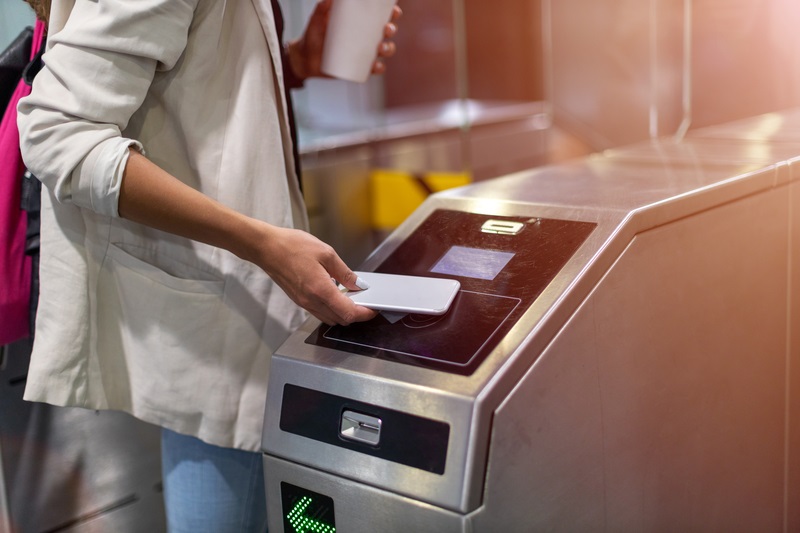
At the heart of all this is the culture, the idea from 30 years or so ago that technology could improve transportation, Bhatt continues. “Now what we say is: okay, what are the outcomes we're looking for? We're looking for safety; we want to reduce crashes; we want to reduce congestion; we want to reduce greenhouse gas emissions (GHG); and I think that this technology is the great enabler when it comes to this. So those are really the conversations that I'm interested in: how does it improve safety? How does it improve our quality of life? And how do we use it to reduce GHG?”
Different experience
Bhatt is going to be involved in a lot of the All-Access sessions. “We’re going to have to work in hygiene and sleeping checks,” he jokes. “I don't want to be unshaven and unkempt and haggard by the end of it – you know ‘I made it through the whole four weeks!’”
It will be quite a different experience from a normal ITS World Congress gathering. “The one benefit might be that, at least speaking for myself, I probably won't put on a few pounds as I normally do at a World Congress because there's often a lot of food and drink,” he muses. “I'll be eating whatever I've cooked up myself.”
Despite not being an in-person gathering, there will be networking opportunities. “Human beings are gregarious, we're social animals, we want to be together,” Bhatt says. “You know, just even seeing you here [on Zoom] is an affirmation that the world is still out there, and that this too shall pass.”
So the content of the All-Access programme is vital, but the participation element is important too.
“There is a great value to hearing people speak from around the world but it’s also important that we don't break that streak of 27 years of people getting together,” he suggests. “Because what we do know is we're going to come out on the other side and we want to make sure that we've preserved as many of these relationships as possible.”
So would you be foolish to ignore ITS World Congress All-Access? “I don't know that I’d call you a fool,” he smiles. “But I think that you're going to miss out. I think you'll be missing out on the latest information; you'll be missing out on global trends on both this short-term crisis that we all face with Covid, and then also the long-term conversations.”
Until there’s a vaccine, restrictions on work and leisure are going to be in place – which means public transportation will continue to take a hit in terms of ridership. “So, what does that mean if all those people are getting in cars? What does it mean for telework?” Bhatt concludes.
“These are the sort of trends and analysis that we need to be looking at – and I think that's what you're going to miss, if you want to get a sense of a global perspective on how people around the world are dealing with this crisis.”
ITS International is supporting ITS World Congress All-Access with three official ITS World Congress Innovation News digital magazines




